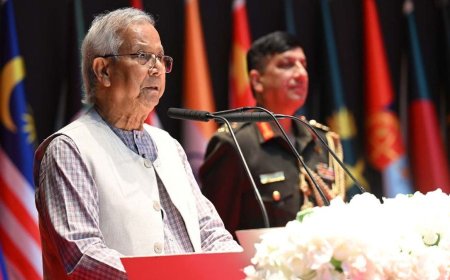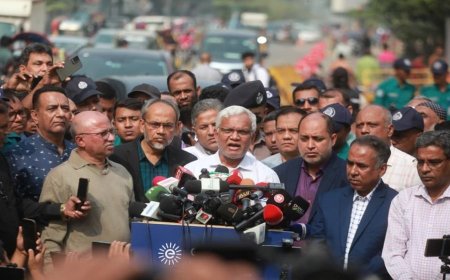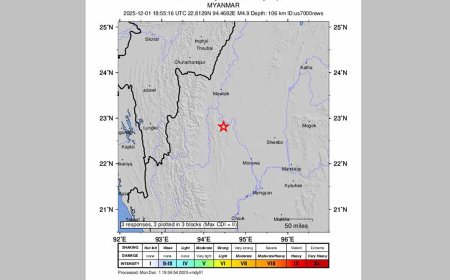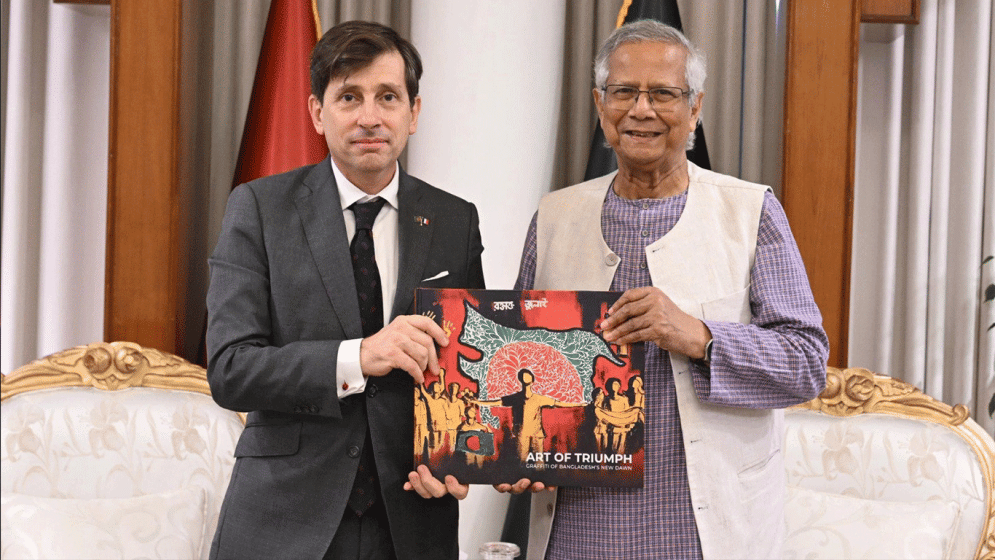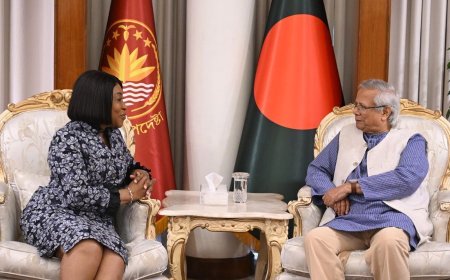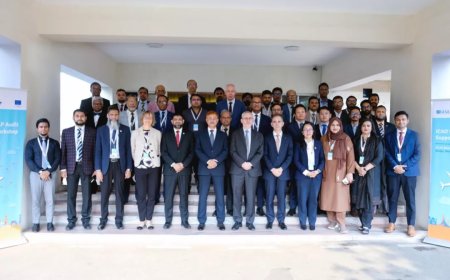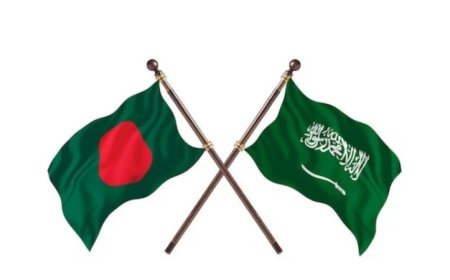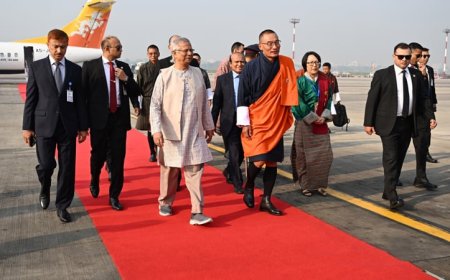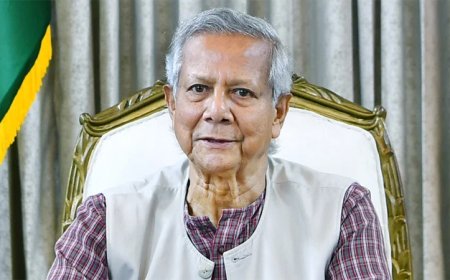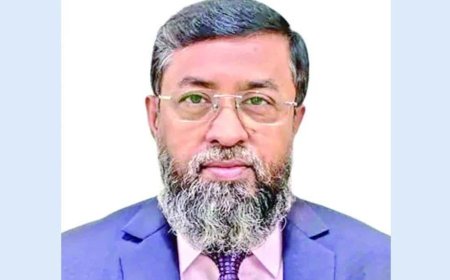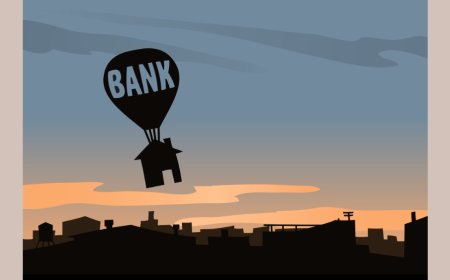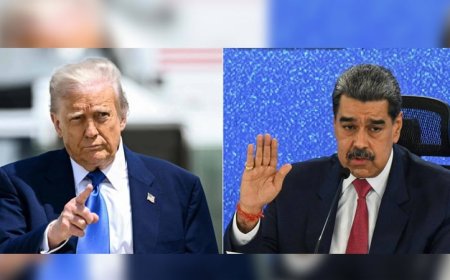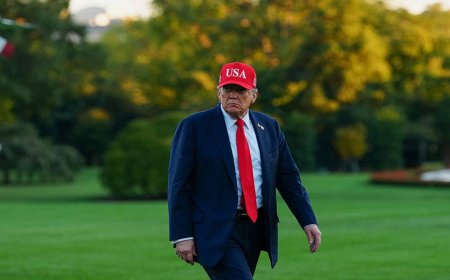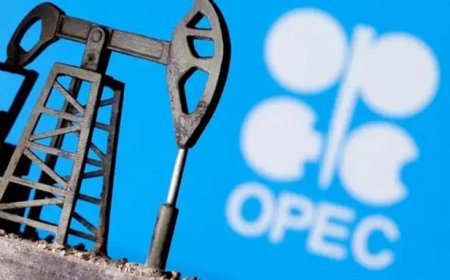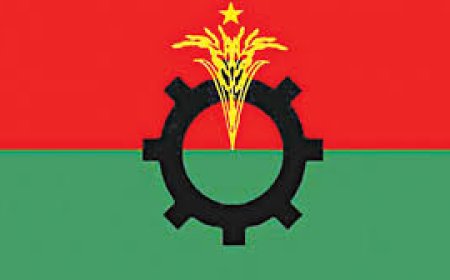Bangladesh's civil society shows admiration for Jinnah while criticizing India—Stockholm syndrome?
Bangladesh's civil society shows admiration for Jinnah while criticizing India—Stockholm syndrome?
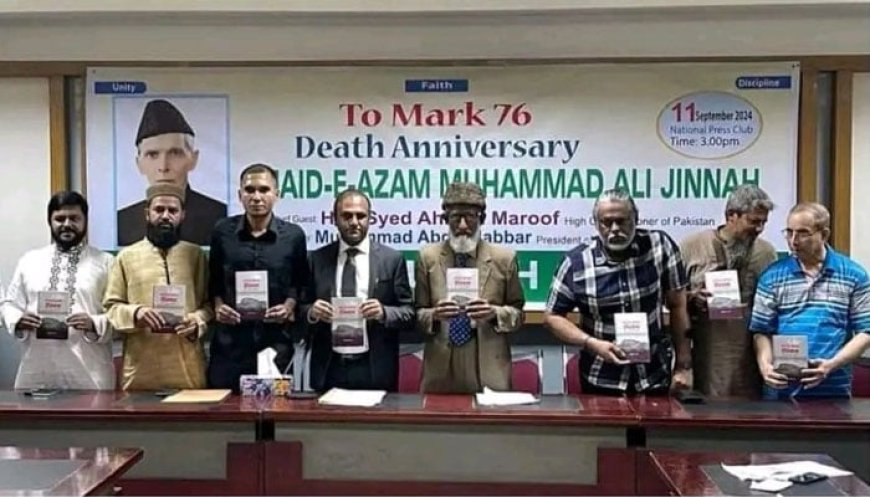
In what appears to be a case of Stockholm Syndrome, members of Dhaka's National Press Club recently commemorated the 76th death anniversary of Muhammad Ali Jinnah, Pakistan’s founding father. Despite Bangladesh’s liberation from Pakistan in 1971, with India playing a critical role, speakers at the event praised Jinnah while criticizing India. One speaker remarked that without Jinnah, Pakistan—and subsequently Bangladesh—would not have existed.
Nagorik Parishad convenor Md Samsuddin went further, suggesting that by joining Pakistan in 1947, Bangladesh avoided a fate similar to Kashmir, stating, “If Bangladesh hadn’t been part of Pakistan in 1947, we might have faced the same situation as Kashmir, under pressure from the Indian military. Bangladesh’s independence stems from Pakistan, which Jinnah helped establish.”
Samsuddin also advocated for strengthening ties with China and Pakistan, questioning why names like Allama Iqbal Hall or Jinnah Avenue should be changed at India's behest, asserting that Bangladesh should independently foster strong relations with China and Pakistan.
Another attendee, Md Shakhawat, claimed Jinnah resolved the Indian subcontinent’s “political incompetence” and division. He argued that Jinnah’s leadership prevented East Bengal from becoming part of India like West Bengal, stating, “Jinnah’s actions kept East Pakistan united with West Pakistan, allowing us to evaluate our alliances now.”
Despite such assertions, Bangladesh’s history reflects a different reality. As part of Pakistan, East Pakistan faced severe neglect from the central government in Islamabad, which largely ignored its economic struggles. Political leaders in East Pakistan, led by Sheikh Mujibur Rahman, declared independence on March 26, 1971, following widespread oppression and violence by Pakistani forces. India, under Prime Minister Indira Gandhi, supported the independence movement, aiding the Mukti Bahini with arms, supplies, and troops.
On December 16, 1971, Bangladesh’s independence was formally achieved when Lt. Gen. AAK Niazi of Pakistan’s Eastern Command signed the Instrument of Surrender in Dhaka, in the presence of Lt. Gen. JS Aurora of the Indian Army.
What's Your Reaction?








